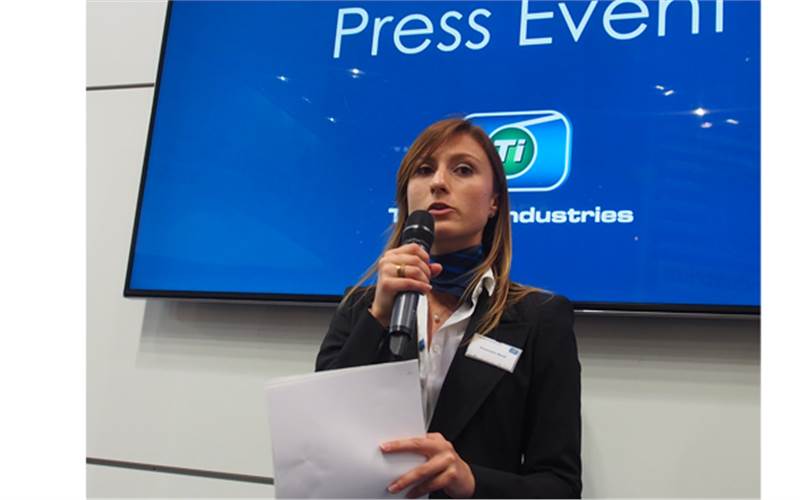Taghleef unveils Nativia Ness bio-based film developed for Mars
Taghleef Industries has extended its Nativia range of bio-based and industrially-compostable films with Nativia Ness, which is a white voided film containing second generation starch derived from waste water of the potato processing industry.
08 May 2017 | By Rushikesh Aravkar
This film, which was developed by Taghleef in a close collaboration with Mars, Rodenburg and Mondi, won the eleventh Global Bioplastics Award for a chocolate bar wrapper developed for Mars and Snickers bars packaging.
“With thicknesses of 40 and 50 microns, Nativia Ness has a white pearlescent appearance, which reduces show-through. It can be converted on flexo or rotogravure presses and complies with EC regulations for direct food contact,” said Emanuela Bardi of Taghleef.
Nativia Ness has been under development for four years as an alternative to petroleum-based films. The three layer co-extruded film has gas trapped between the layers, which lowers the density of the film and provide a higher yield. Rodenburg Biopolymers formulates the resin using starch created as a byproduct of potato processing while Tagleef extrudes the resin into a three layer laminate structure, which is being tested by Mars for its chocolate bar brands.
Bardi said, “This is a perfect example of collaboration across the supply chain and it’s the best way to bring bio-based polymers to the market.”
She also highlighted that with Nativia Ness, Taghleef has been able to overcome the issue of noise that exists in a PLA film.












 See All
See All